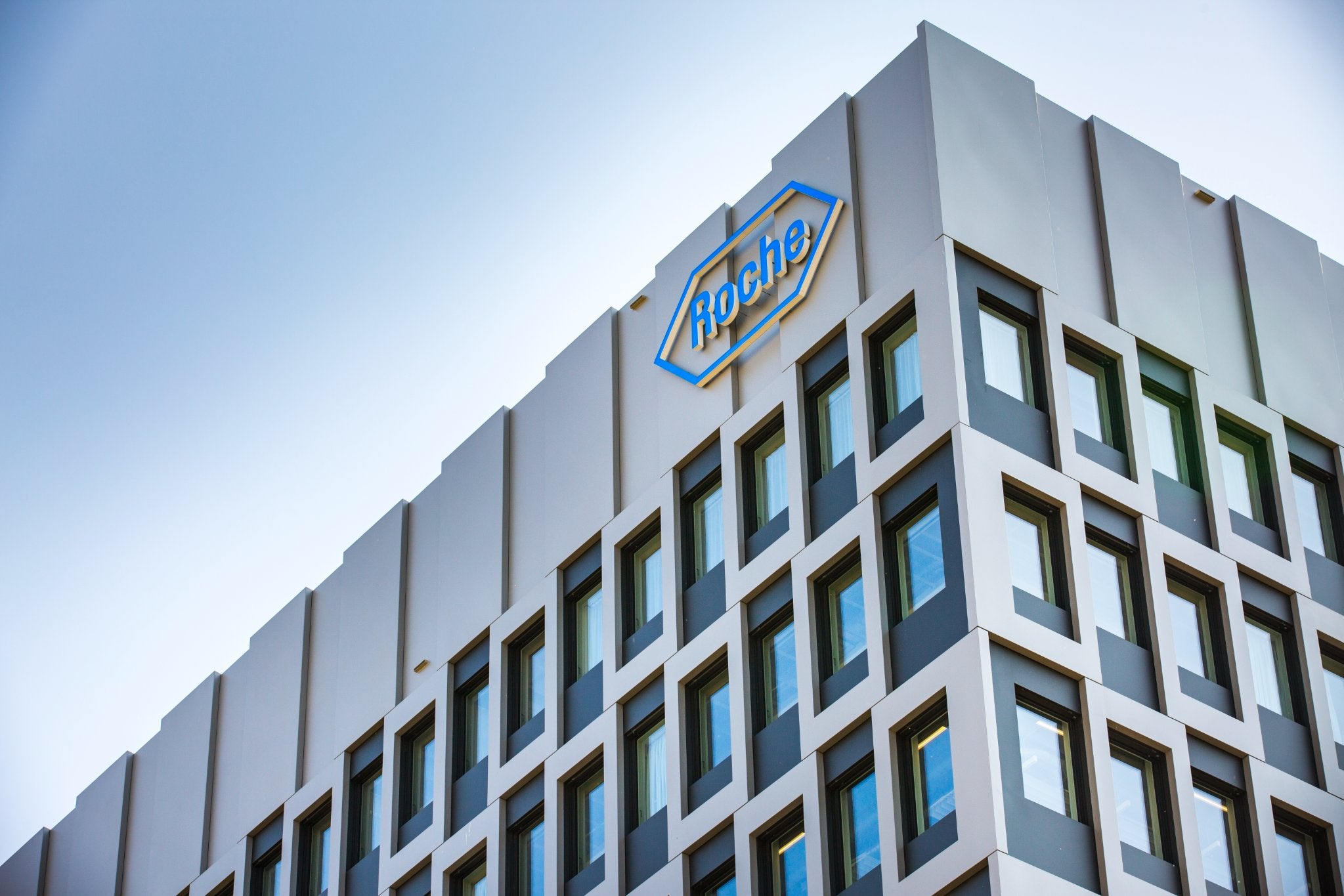
Roche has reported additional positive data of Venclexta/Venclyxto (venetoclax) from pivotal Phase III CLL14, MURANO and VIALE-A clinical trials.
Being developed by Roche in alliance with AbbVie, Venclexta/Venclyxto specifically binds to and blocks the B-cell lymphoma-2 (BCL-2) protein.

Discover B2B Marketing That Performs
Combine business intelligence and editorial excellence to reach engaged professionals across 36 leading media platforms.
Long-term follow-up data from the CLL14 and MURANO trials further support the primary analysis of the drug in chronic lymphocytic leukaemia (CLL) and the potential of personalised treatments based on genetic risk factors.
The new research also demonstrated the potential of minimal residual disease (MRD) as an important disease response measure in CLL, as well as acute myeloid leukaemia (AML).
Roche chief medical officer and Global Product Development head Levi Garraway said: “These data also advance our understanding of minimal residual disease, which we believe is a useful endpoint that may help identify patients more quickly who are in need of additional treatment.”
The company reported a four-year post-hoc analysis of investigator-assessed progression-free survival (PFS) with a median follow-up of 52.4 months in the CLL14 trial.

US Tariffs are shifting - will you react or anticipate?
Don’t let policy changes catch you off guard. Stay proactive with real-time data and expert analysis.
By GlobalDataA fixed therapy duration of 12 months showed an estimated PFS rate of 74% with the chemotherapy-free Venclexta/Venclyxto plus Gazyva/Gazyvaro (obinutuzumab) regimen versus 35.4% with Gazyva/Gazyvaro plus chlorambucil.
The time to next treatment (TTNT) was found to be meaningfully longer with the Venclexta/Venclyxto combination versus the comparator.
Meanwhile, data from a substudy from the MURANO trial revealed that a higher incidence of some unfavourable genetic risk factors negatively affected the MRD response of patients.
These patients were retreated using Venclexta/Venclyxto plus MabThera/Rituxan (rituximab) following progression on therapy with that combination.
Roche said these findings suggest the potential to tailor therapy approaches for previously treated CLL patients based on genetic risk factors.
According to a post-hoc analysis from the VIALE-A trial, patients reaching a composite complete remission and undetectable MRD with Venclexta/Venclyxto and azacitidine experienced better survival outcomes versus those who were MRD-positive after treatment.
The company is working with regulatory authorities and others in the industry to further the understanding of MRD.
Venclexta/Venclyxto is undergoing an extensive clinical development programme, including the Phase III CRISTALLO trial in previously untreated CLL patients.
Last month, Roche reported positive interim data from Phase III IMpower010 trial of Tecentriq.





